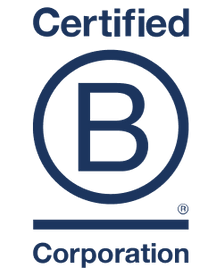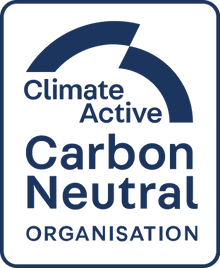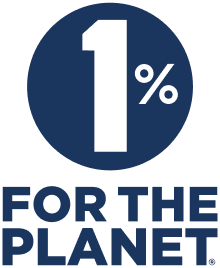Over the past few years, specialty coffee drinkers may have been asking themselves questions like ‘why is the cost of my coffee going up? and ‘Why can’t I find any coffee from my favourite origin?’, ‘Why do I keep hearing about container delays and green coffee prices?’. Well, the answer to these questions lie in the “Coffeee Supply Chain”.
Coffee supply chains are a complex network of people, organisations, businesses and even governments all working together to make our morning cuppa possible. Being a part of this larger system is what fascinates me and what drew me to the coffee industry well over a decade ago. Unlike many around the roastery, I entered the world of coffee through the back door, not via a cafe as a barista or hospo worker, but rather through study and work in the world of transport, logistics and supply chain management. Travel and volunteer work led me into the heart of coffee growing Central America and a love for coffee supply chains was born. Since then I have felt privileged to work with and learn from many of the people, cooperatives, organisations and businesses that make up the coffee supply chain, I hope I can share some of that passion with you here.
Capturing the coffee supply chain in a brief blog is like fitting a boulder into an espresso cup, so I encourage you to do your own research if this sparks an interest, there is a huge range of podcasts, books, articles and material out there for you to get lost in. Or drop us a line at P&R where you will always find someone excited to talk coffee…Enjoy!
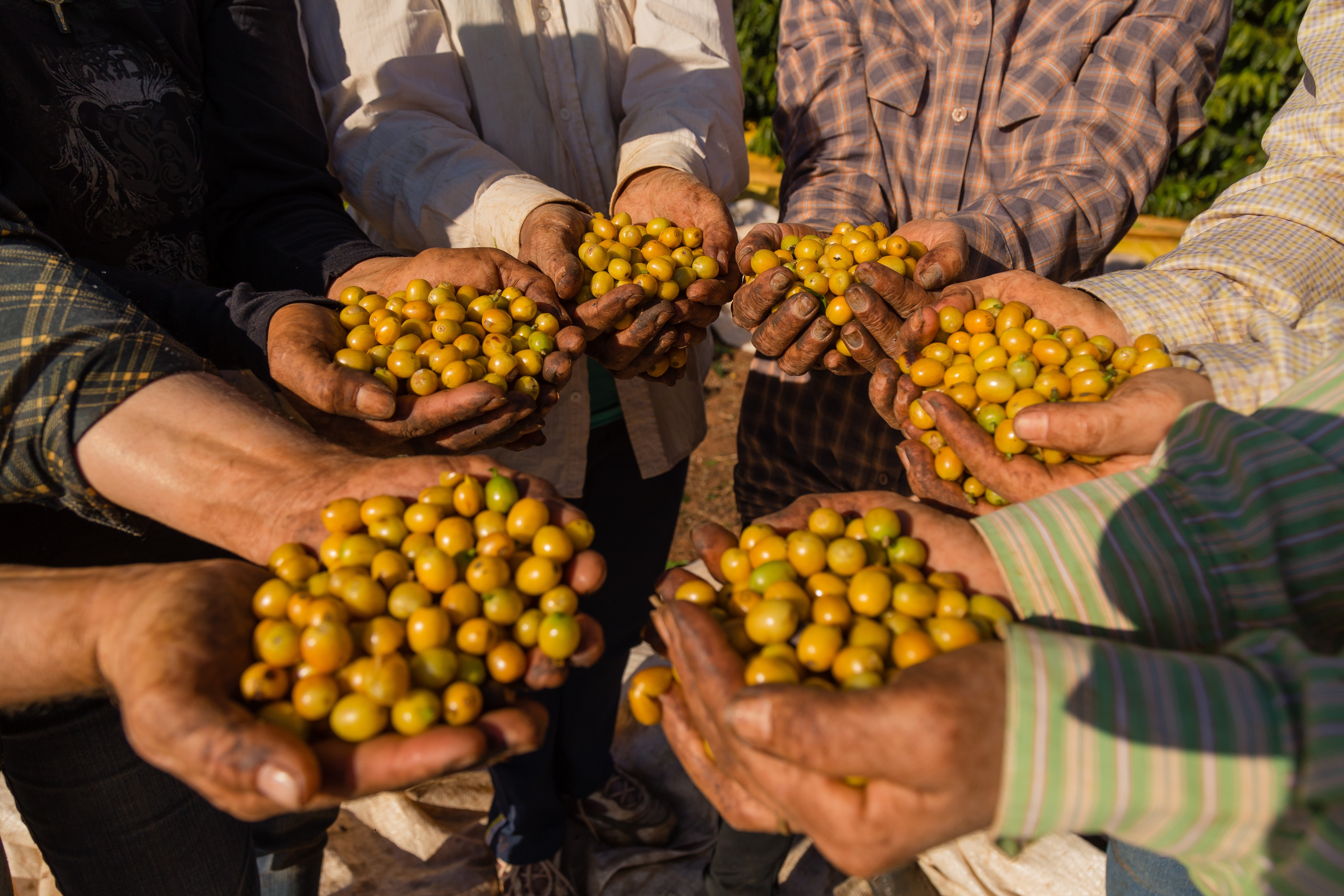
What is the coffee supply chain?
The coffee supply chain is the dizzying network of people, organizations, and activities involved in bringing coffee from the farm to your cup. This is an endlessly complex and interesting world of farming, transport, storage, manufacturing, small businesses, large businesses and of course the 1 billion plus daily coffee drinkers around the globe.
You can think of the coffee supply chain as an ecosystem. It is a complex and interconnected system that relies on the cooperation of many different actors. The farmers, roasters, retailers, and coffee drinkers like you are all part of the same system. Just like in an ecosystem, any disruption to one part of the chain can have a ripple effect and impact somewhere else.
The pandemic brought the term ‘supply chain’ into the spotlight and was a stark demonstration of the impact that problems in the supply chain can have in our day to day lives. For example an increase in the demand for goods coupled with port shutdowns due to quarantine requirements meant huge container delays and spikes in transport costs for containerised freight, almost all green coffee coming into Australia travels by container.
This is a big system and a vital part of the global economy. It generates billions of dollars in revenue and supports millions of jobs. According to the World Coffee Research, there are an estimated 125 million people involved in the coffee supply chain globally!
Who makes up the specialty coffee supply chain?
Some of the people, businesses and actors that make up the supply chain are below, however there are far more not mentioned.
⇩ Growers
⇩ Pickers
⇩ Milling plants
⇩ Intermediaries and gov agents
⇩ Exporters, suppliers and brokers
⇩ Roasters
⇩ Shipping, trucking and airfreight in some cases
⇩ Cafes
⇩ Coffee drinkers
What is the history of coffee supply?
From the earliest commercial coffee production in Yemen (Port of Mokha was one of the world's first distribution hubs!), to the seventeenth century english coffee houses and large-scale production of today, the history of the coffee supply supply chain is a complex, fascinating, and at times dark subject. Coffee is one of the most traded commodities in the world and since the 15th century it has been entwined with global politics, religion, agriculture, economics, colonisation and slavery, war and upheaval as well as popular culture across the globe.
Originating in Ethiopia, the first commercial coffee was grown in Yemen. For some time coffee beans were thoroughly dried out before leaving Yemen preventing planting of coffee outside of that area, however by the 1600s coffee cultivation reached India (some say smuggled to India by Brother Babba Budan hiding seeds in his beard or clothes, although this seems to be a bit of a myth) it then becomes a colonial commodity and commercial coffee farms are established across the globe. By the 1800s coffee production has taken off in Brazil reaching almost 80% of the world's production at its peak.
Today coffee is a multi-billion dollar industry that supports millions of people around the world. Coffee is facing a number of challenges, including climate change and environmental issues, pricing issues, and unfair labor practices. Consumers can make a difference in the coffee industry by choosing to buy coffee from quality focussed brands and by supporting good practice, the future of the coffee industry depends on the cooperation of all stakeholders, from coffee farmers to consumers.
Why is the coffee supply chain important?
Well, it’s important for a number of reasons. First, it ensures that coffee is available to consumers around the world. Second, it provides a livelihood for millions of people around the world from farmers to roasters and cafe owners. Third, it can have, and has had a significant impact on our environment.
At P&R we feel privileged to play a small yet important part in this chain, we want to increase our positive impact and reduce our footprint while paying respect to the environment and all of the hard working individuals, collectives and businesses that pull together to bring us the most delicious drink in the world. By understanding the coffee supply chain, we can better appreciate the mountains of hard work that goes into producing this delicious beverage and can work to address the challenges faced.
-v1702251940736.jpeg)
How does P&R approach the coffee supply chain?
At P&R we’re passionate about a sustainable and ethical coffee supply chain that produces delicious coffee, in order to make a positive impact on people and planet we must understand and appreciate the network of people and businesses that we are a part of. Here are some of the ways we interact with the coffee supply chain.
Leadership
We are influenced and inspired by many remarkable businesses in Australia and beyond, by striving to employ the very best supply chain practices in our business we hope to positively influence the coffee and non-coffee businesses community that we interact with.
Partnership
Our approach to suppliers is one of collaboration and partnership and we are proud to have many strong long term supplier relationships. We take supplier selection seriously, conduct due diligence and set clear expectations with all of our suppliers. We monitor performance and support suppliers that provide high quality products that have environmentally and socially responsible programs (we love to partner with other fellow B-corps!), projects and policies.
Pricing
In order to produce good quality sustainable specialty coffee we must find the balance between pricing and accessibility with a leaning towards quality. We have written extensively about the complex challenge of pricing in the coffee industry and don’t shy away from encouraging people to pay more for good quality specialty coffee. This is a critical issue for the industry in Australia and affects all of the links in the global supply chain we have been discussing. We believe that fair pricing at all levels of the supply chain as well as longer term and recurring contracts (and subscriptions) can help improve the coffee supply chain and the coffee experience for all involved. We also proactively play our part to ensure that our supply chain takes modern slavery risks seriously.
You can check out our full blog series on many topics covering coffee prices.
Data and Technology
The capture and sharing of data with our suppliers, customers and internal systems is absolutely critical to a highly functioning supply chain and we like to use good quality data for decision making. We use the latest technology to assess quality, monitor and improve visibility of products in the supply chain and identify trends and patterns. We also have our eye on predictive analytics, IoT technology, blockchain and robotics that will all play a role in the future of supply chain management.
Certifications
Coffee certification programs can help to increase transparency in the coffee supply chain, which can help consumers to make more informed choices about the coffee they buy. At their best certifications support a more sustainable outcome for the land coffee is farmed on, a more fair outcome for producers and a high quality product.
We are the only roastery certified B-Corp, certified Carbon Neutral Organisation by Climate Active and 1% for the Planet. We also have HACCP accreditation (food safety and handling) and our Pioneer blend is completely Fairtrade certified. We also have an Anti Modern Slavery policy you can view the Pablo and Rusty’s Modern Slavery Statement here.
How can you have an impact?
The coffee supply chain is facing some really big challenges. But the good news is our choices do matter and can have a positive impact. By understanding a little more about this system, we can make more informed decisions about the food and beverages we consume. High quality and delicious, certified coffee that is responsibly sourced is a great choice that can have a real impact on the lives of those throughout the network, and importantly it tastes fantastic! We are lucky to have many roasters and cafes in Australia that are providing good quality coffee and P&R are proud to be one of them, but make sure you do your own research and of course ask your local cafe or roaster about where their coffee comes from and how they support a healthy supply chain.
Thanks for reading :)


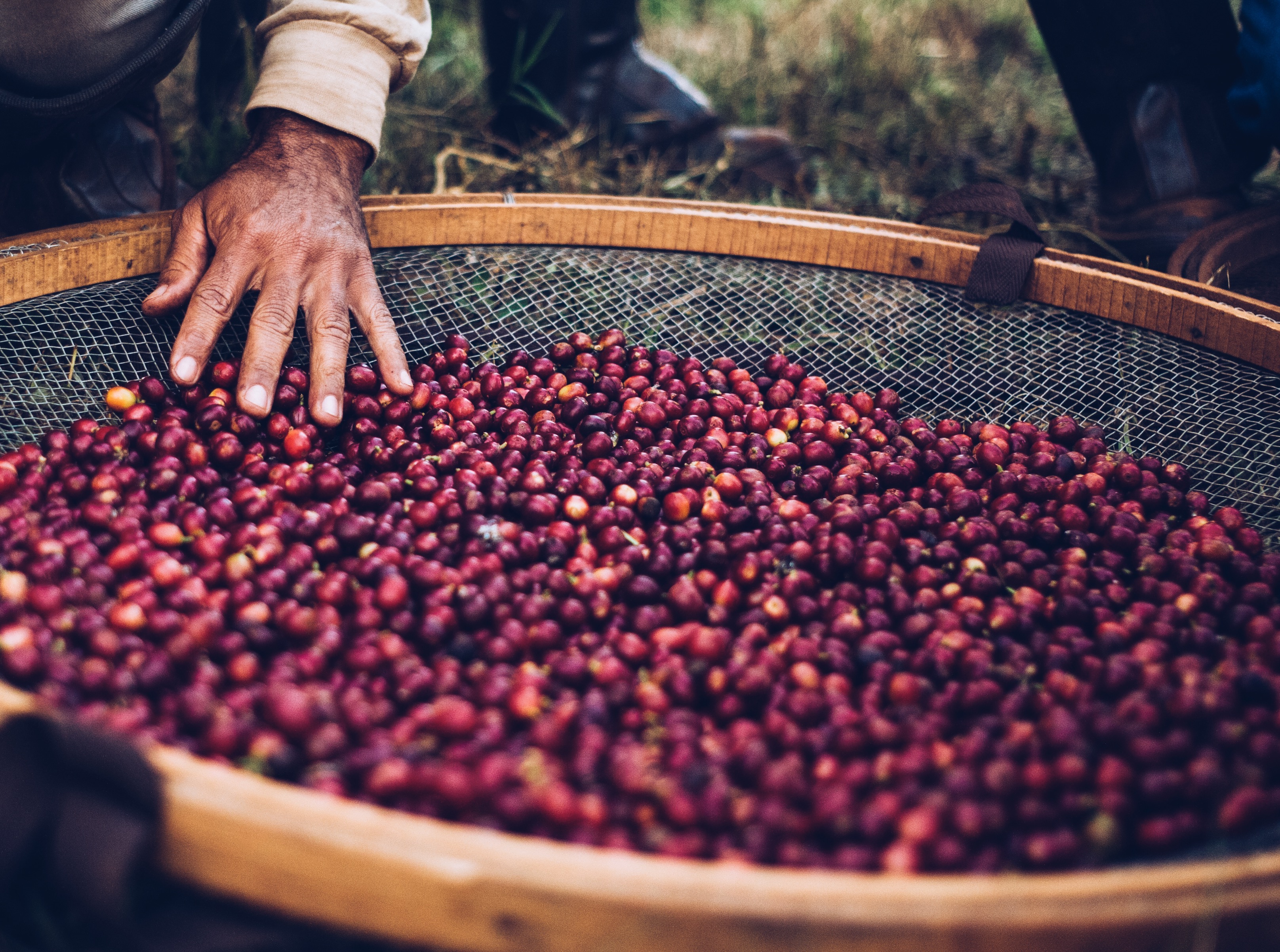
-v1702251764990.jpg)
